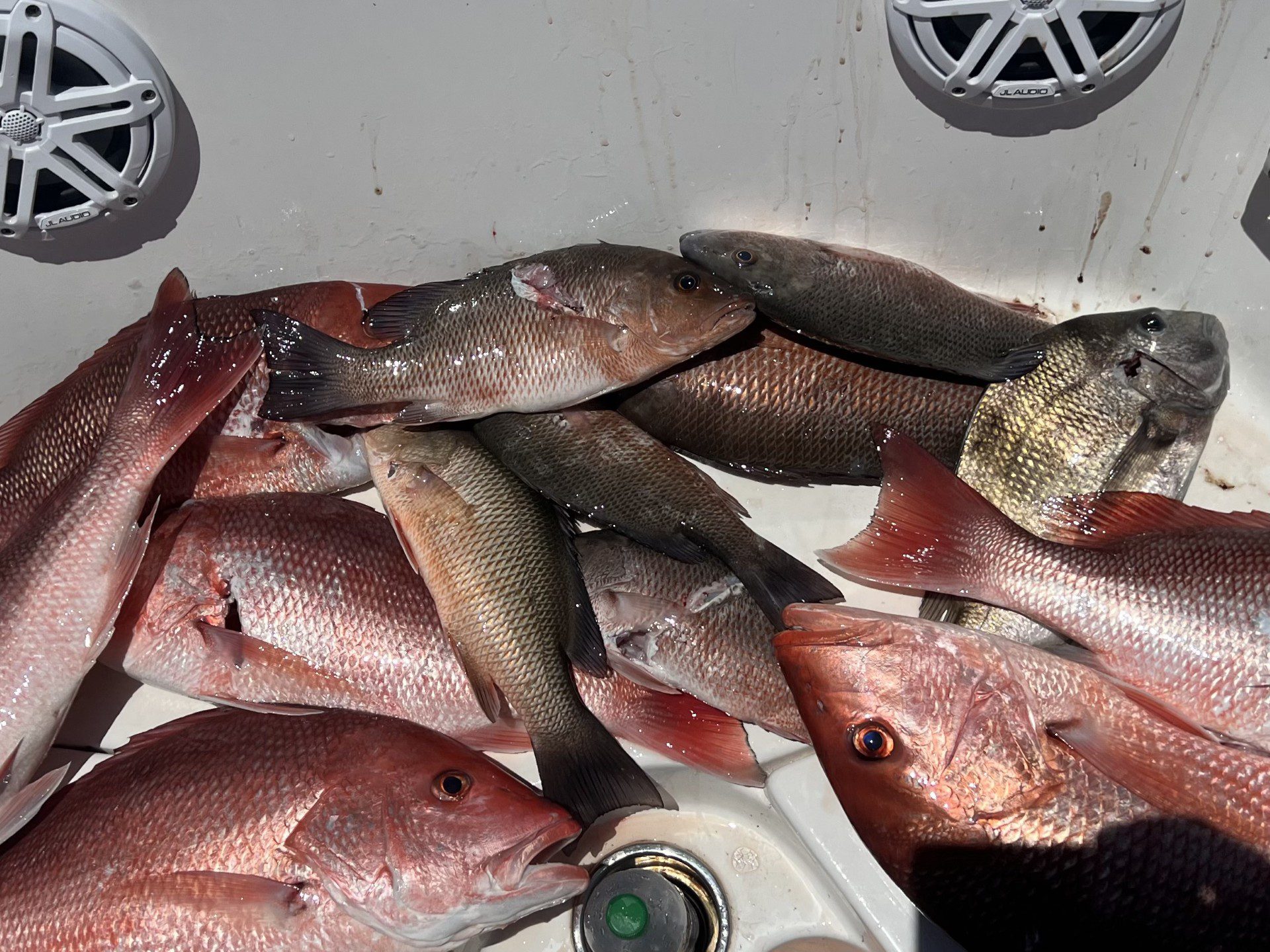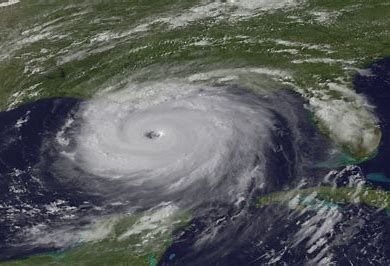
- Outdoor columnist Ben Smith takes a deep dive into the science of fishy smells. Turns out the smell of fish, even when they are alive, is due to a combination of things.
When I’m alone in the woods, or on the water, my mind often wanders. I know I’ve said that plenty of times in my articles, but sometimes I don’t follow up with exactly where my mind goes. And let me tell you, it goes a lot of different directions. Sometimes I think about work stuff and new ideas. A lot of times I sit out there trying to figure out what I’m supposed to get all of these women at my house for their birthdays and Christmas. I think of family and friends that I’ve lost along the way. Then, there are some days that my mind takes me down several different winding roads of ridiculously stupid questions that I don’t know the answer to.
For instance, the other day while fishing with a friend the question was brought up, “Why do fish smell like fish?” Stupid, right? But then I got to thinking, why do they smell the way they do? And furthermore, how is it that I can smell them when I’m in a boat before I catch them? I have a cousin. Well, let’s say my mom has a cousin, who swears up and down that he can smell deer. I’m not talking about smelling where a buck has recently bedded or smelling a deer after you’ve shot it and walked up on it. He says he can smell deer from hundreds of yards away. I’m calling bull on that, but I know darn well that I can smell a bream bed when I go over one on the water.
From that moment on I couldn’t concentrate on actually catching fish. I was way too caught up in why they smell the way they do. Or, why do my hands smell like fish even after washing them? Can fish smell other fish? Is there a time of the year, such as spawning times, where their smell intensifies? If so, why is that? Why do some fish smell fishier than other fish? Do you see what I’m talking about with how my mind works? One question turns into three and those three turn into ten more.
Now, I’m not a scientific thinker in the least. After one year of college, I had to change my major from Biology to History so I wouldn’t flunk out of school and end up digging ditches for a living. Not that there’s anything wrong with that type of labor, I just didn’t want to do it. So, having a zero baseline for an answer to my fishy questions, I had to resort to Google. And like with most stuff that I have to rely on the trusty internet for, my Google search didn’t disappoint. That doesn’t mean it gave me a clear cut answer at first, but it did educate me.
A word of advice, do not Google search, “what causes fishy smell” unless you’re ready to get an education on feminine hygiene…for which I was absolutely not prepared. I won’t go into details of the results of that search, but I am now scarred for the rest of my life. The things that I have seen and read can never be undone. I quickly rephrased my question to make sure the wizard of infinite information, Google, understood that I was actually talking about fish. I figured typing, “what makes fish smell the way they do” was pretty clear cut after my initial query. Once again, the results weren’t exactly what I was looking for. It immediately went to cooking and eating fish. We’ve got to bring back “Ask Jeeves.”
I would not be denied in my quest to find out why fish smell like fish, so I soldiered on! Search after search. Article after article. I spent way more time than I should admit dedicated to this question that had been burning a hole in my brain for several hours. Finally, my computer gave up and relinquished the information that I’d been seeking. And whatta ya know, the smell ended up being linked to the very same thing that causes…well, you know.
Turns out the smell of fish, even when they are alive, is due to a combination of things. One was their atmosphere. Diet was another factor in fishy-ness. Saltwater and freshwater fish can smell differently due to having different oils and compounds (whatever that is) from their environment. The main compound contributing to the smell is called trimethylamine oxide (TMAO). When fish are alive, TMAO helps to stabilize proteins and maintain cellular structure. When they die, this compound can break down into trimethylamine (TMA), which has an even stronger fishy smell. Wanna guess what causes that smell in humans? Yep, trimethylamine.
Now that I had my answer to why fish smell the way they do, it was time to find out if levels of TMAO were higher during spawning season. After several more searches, I could not find concrete evidence of elevated levels of TMAO in fish during the spawn. That extra fishy smell you catch a whiff of around a bedding site is a byproduct of the number of fish in the area, rather than elevated levels of TMAO in individual fish during the spawn.
My next search pointed toward fish having the ability to smell. Thankfully, this search was much easier and less time consuming. For this, I was grateful and relieved because I’d had just about as much education as I could stand. Fish apparently have fantastic olfaction (sense of smell) and use it to find food, avoid predators, find their bedding area, and recognize other fish of the same species. The ability for fish to smell is vital for their survival and for finding a mate in waters with low visibility. It’s almost like that movie from the ninety’s where Al Pacino plays the blind man. What was the name of it? Oh yeah…Scent of a Woman.











